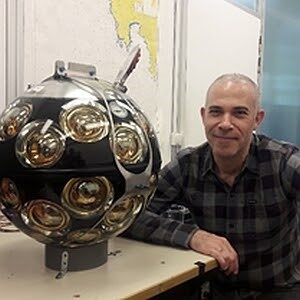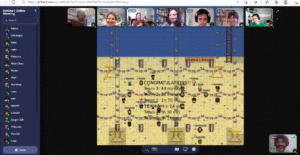Liveblog about the sea ARCA campaign of September 2021
09 September 2021 – KM3NeT is getting ready for a new sea operation at the ARCA site near Sicily, Italy.
Five new detection units for ARCA are ready to board the ship in the harbour of Malta.
The ship is scheduled to set sail in the evening of 10 September 2021.
We will report on this operation with posts in the social media and in this liveblog.




